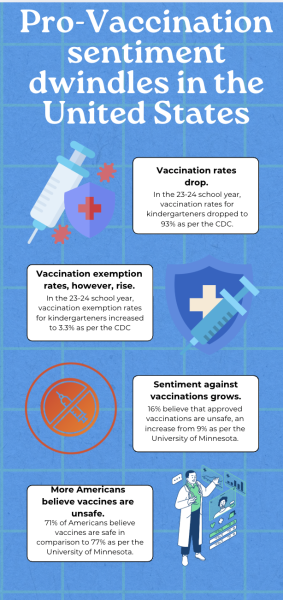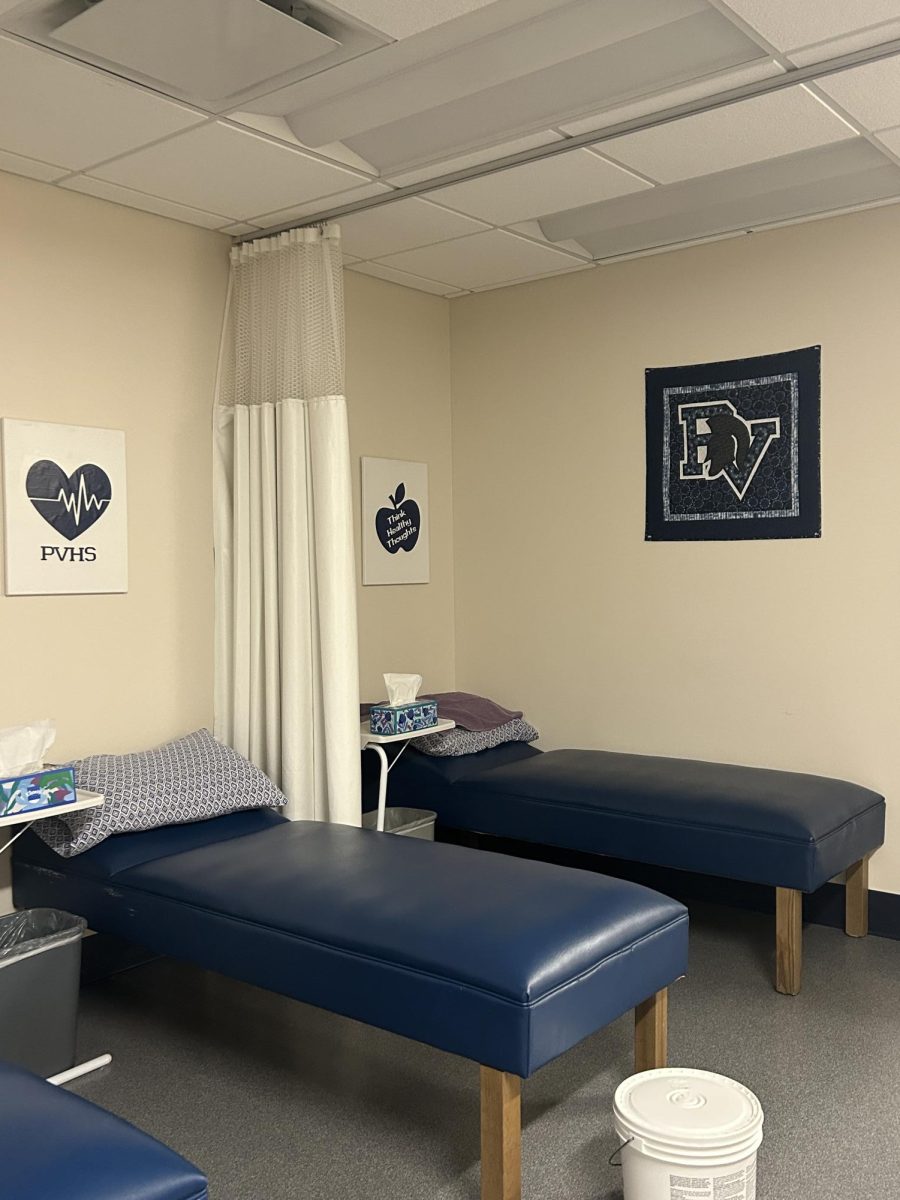In 2025, the southern United States began experiencing a resurgence of Measles.
Seminole, Texas has experienced a surge in Measles cases, reporting a record high of 198 cases in the area. Unfortunately, these cases have spread to neighboring cities and counties surrounding Seminole.
The outbreak also resulted in the death of a six-year-old unvaccinated child.
Much of the outbreak can be attributed to the low vaccination rates in the county and the small, tight-knit nature of the affected community. Gaines County, home to Seminole, has one of the highest vaccination exemption rates in the state at 18%.
The circulation of Measles has reemphasized the importance of vaccination. Vaccines help teach the immune system to defend itself against certain germs and pathogens. Vaccination exposes the body to a small dosage of the germ and helps build a natural defense against it.

Many Americans, however, choose not to receive vaccinations due to fear of potential side-effects from vaccines or a lack of understanding behind their science. “Vaccines are very controversial. But in my professional opinion, they have been known to save lives. With evidence based reasoning and nursing practice, medicine has evolved so much to show what ingredients are involved in vaccinations. They have been known to save lives with preventable diseases like Measles, Meningitis and Hepatitis,” said school nurse Collette Rhoades.
Avoidance and fear of vaccinations also impacts surrounding families, especially school-aged children, who may become infected by their unvaccinated peers. CDC data from the 2023-24 year shared that vaccination rates for kindergarteners dropped to 93% compared to 95% from the 2019-20 year. Vaccination exemption rates, however, rose from 2.5 to 3.3% for the same age group and time period.
Lack of vaccinations not only pose a threat to other students but they also disrupt the general learning environment. “Unvaccinated students create an environment of uncertainty, posing a greater risk for those worried about emerging viruses, possibly affecting their performance in school due to an uninviting setting,” said junior Ashley Eddingfield.
Many families refuse to get vaccinated over studies claiming that vaccinations lead to Autism. This, however, has been proved to be false as the rise in Autism diagnoses has not been the result of higher vaccination rates, but rather due to increased diagnostic practices and access to care.
Increased rates in vaccinations protect families and children from suffering as a cause of diseases or viruses. “Our community had the whooping cough virus spread recently, and while many students had received immunization for it, they still caught the virus.” added Rhoades, “Vaccinations are an extra layer of protection that can help reduce some of the symptoms and ultimately save lives,” she explained.
Schools and states must enforce stricter health standards to prevent dangerous diseases and pathogens from circulating around schools and communities.









